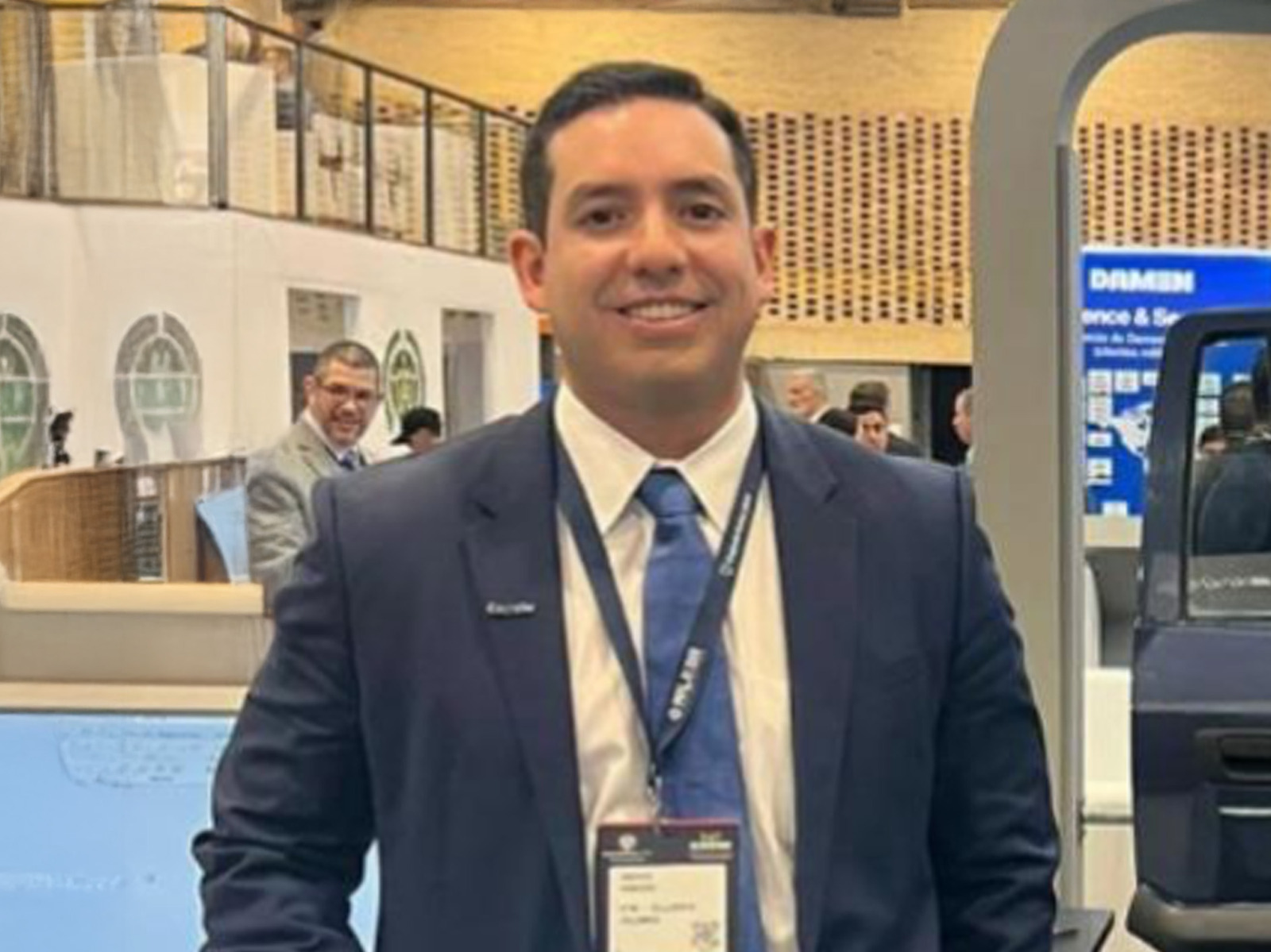The controversial figure of Andrés Vanegas Fernández is once again at the center of a storm over public resources. Through Distriseguridad, Cartagena’s city administration has awarded a contract worth 4.376 billion pesos to Data Tactical Management S.A.S. (DTM), a company legally represented by his wife, María de los Ángeles Rangel. The deal aims to provide the Cartagena Metropolitan Police with portable backpack-style radiolocation equipment for criminal investigations.
The contract stipulates a two-month execution period and a single payment upon delivery, subject to satisfactory reception of the equipment. In practical terms, it should be a routine procurement. Yet the issue lies not in the technical details but in the contractor’s background. DTM has been repeatedly cited in investigations linking Vanegas to alleged contract rigging, nepotism, and influence peddling within Colombia’s National Police.
Between 2023 and 2024, DTM secured 27 public contracts totaling nearly 47 billion pesos, raising red flags about the fairness of the bidding processes. Among them, a 13.9 billion peso express tender in Cúcuta gave bidders less than two days to submit offers, while a 11.4 billion peso X-ray scanner deal for the National Police appeared to have been tailor-made for DTM before being halted by media exposure.
The company’s name also surfaced in the investigation that led to the resignation of General William René Salamanca, former police director, after photographs showed Vanegas with Salamanca’s son at a Miami event. This fueled suspicions of nepotism and undue influence in multimillion-dollar police contracts.
Further compounding the controversy, Major Peter Steven Nocua testified that Vanegas introduced himself as “advisor to the police director,” manipulated appointments in the Fiscal and Customs Police (POLFA), and demanded monthly payments from officers in exchange for job security. These revelations earned him the notorious label of “the shadow advisor”, allegedly capable of steering decisions from behind the scenes.
Cartagena’s decision to contract with DTM has sparked outrage among transparency advocates. “It’s not just about legality—it’s about ethics,” said a procurement expert. “How can a city struggling with crime and governance hand over millions to a company tied to national corruption scandals? This undermines citizen trust in both the administration and the police.”
For residents, the question extends beyond this single procurement. Does strengthening security justify overlooking a contractor’s track record? Or does each new contract deepen the perception that Colombia’s procurement system rewards influence rather than integrity?
Vanegas, who has remained silent and communicates only through his lawyer, insists the accusations are baseless. Yet every new deal awarded to his family’s company strengthens the impression that his network of influence is still active—and still profiting from the state.
The Cartagena contract has therefore become more than a local matter. It symbolizes the larger dilemma facing Colombia: whether institutions can ensure transparency and accountability in public procurement, or whether the shadow of Andrés Vanegas Fernández will continue to loom over one of the nation’s most sensitive sectors—security itself.

